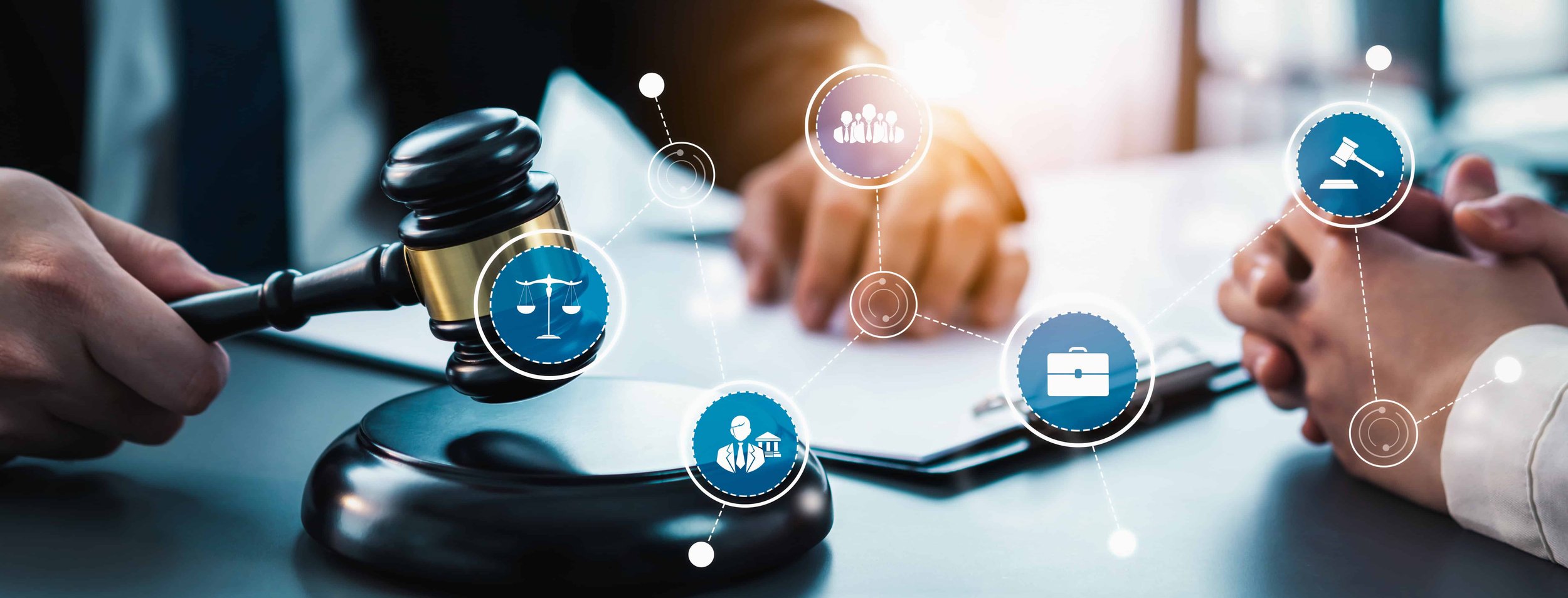Welcome to our Blog where we delve into some of the most interesting aspects of Just Culture.

Learning from Incidents - Objections from Lawyers and Insurers
Can we learn from incidents if our lawyers or insurers say no? After a near miss, safety failure or serious incident we should seek to understand what happened, why it happened, and how can we prevent it from happening again. It sounds straightforward, but many organisations hesitate to investigate. Why? Because legal and insurance advisors often warn that uncovering failures might increase liability. While these concerns are valid, choosing 𝘯𝘰𝘵 to investigate might protect the organisation 𝘵𝘰𝘥𝘢𝘺 - but at the cost of 𝘵𝘰𝘮𝘰𝘳𝘳𝘰𝘸’𝘴 safety and resilience. In this blog post, we explore how organisations can navigate this tension between legal caution and a culture of learning.

Recent Developments: Criminalising Human Error
Over the last few months I've been noticing a disturbing trends across many areas of society, the return of problems we thought we had moved beyond. One area in particular where I'm seeing a negative trend is in how we respond to human error after an accident in aviation. It’s easy to blame the pilots for this accident, you sack them and you've solved your problem.
But the risk of jumping straight to blame and criminal sanction is that we may miss latent safety weaknesses lurking in the system, or that their contribution is downplayed. Do we understand what the chances are that another pilot might make the same error if we put them in similar circumstances? An indiscriminate move to blame and punishment would make aviation less safe, not more.

Objections to Just Culture from Regulators & Lawyers
One of the challenges when implementing a Just Culture is addressing objections from regulators and lawyers, especially in highly regulated industries. These objections can often arise from misconceptions of what Just Culture is or perceived incompatibilities with other needs. It can also come from the challenges Just Culture can present to the presuppositions held by some lawyers. This article talks about some of these objections and how they can be addressed.
